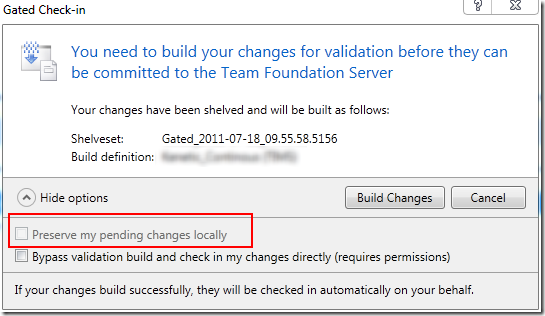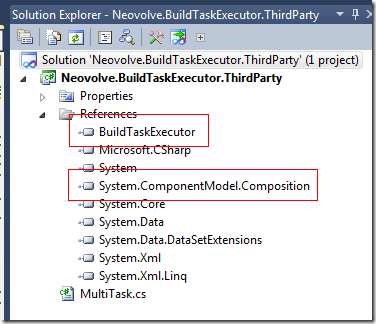Pitfalls of cancelling a VSIX project template in an IWizard
I’ve been creating a VSIX project template for Visual Studio over the last week or two. The project contains an IWizard class implementation to allow the user to define some information for the template.
I have noticed one weird quirk when it comes to cancelling the wizard. The project template is written to disk before the IWizard.RunStarted method is invoked. This raises some questions about how to cancel the wizard process and make the solution (and disk) look like nothing ever happened.

